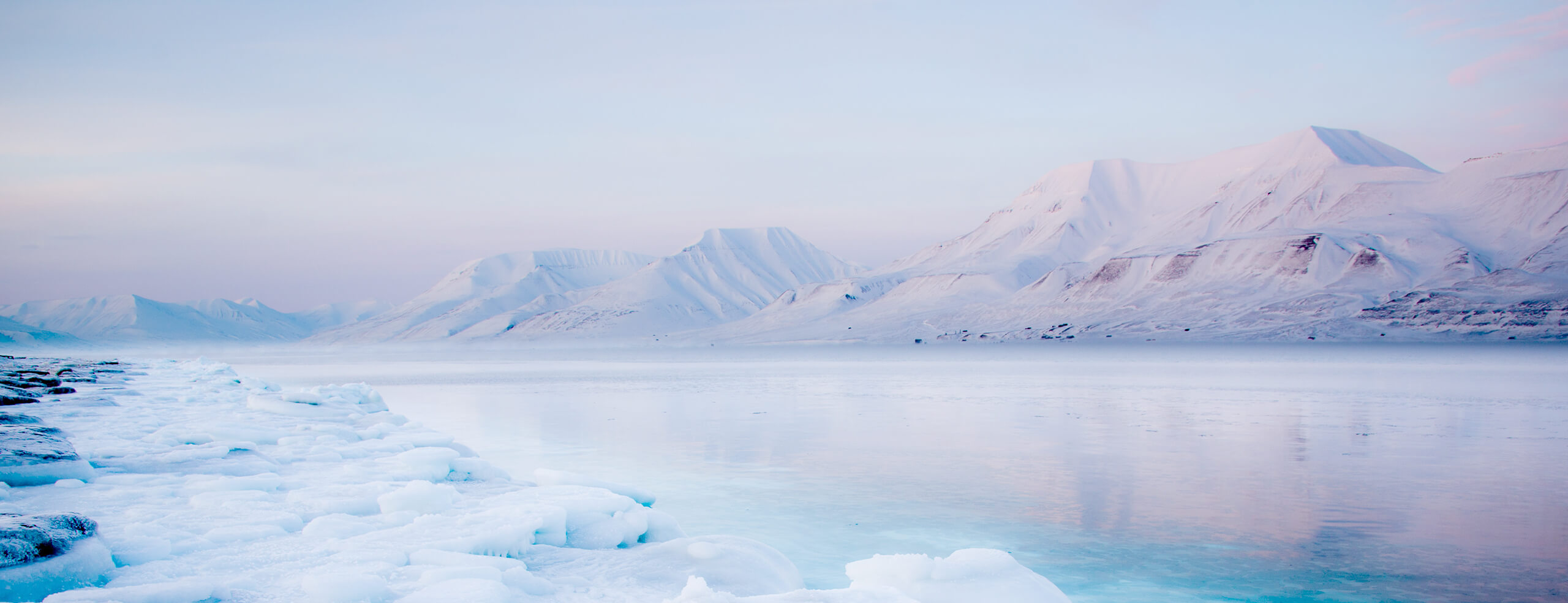1.3 Characterization and modelling of the key interrelationships of northern water systems under climatic, geosystemic and societal pressures.
Principal investigator
Co-Investigators
François Anctil, Najat Bhiry, Alexander Culley, Florent Dominé, Guy Doré, Caetano Dorea, John Molson, Daniel Nadeau, Manuel Rodriguez
Collaborators
Steve Charrette, Danielle Cloutier, André Fortin, François Laviolette, Jean-Michel Lemieux, Mélanie Lemire, Patrick Levallois, Benoit Lévesque
Collaborators outside U. Laval
Fabrice Calmels (Yukon Research Centre), Daniel Fortier (Université de Montréal), Vincent Fortin (ECC Canada), Émilie Guegan (Norway), Thomas Ingeman-Nielsen (Denmark), Raed Lubbad (Norway)
Project summary
Our multidisciplinary team of researchers from the natural sciences, applied mathematics, engineering, and health sciences proposes to document and model the key interrelationships of northern water systems, under climatic, geosystemic and societal pressures. Northern water systems include the terrestrial hydrosphere (surface and ground water) and cryosphere (ice, snow, permafrost). Three main issues will be investigated: the lack of hydrometeorological data and models in the north, the need to predict the impact of thawing permafrost on water resources, infrastructure, and the environment, and the long-term need for safe drinking water for northern communities. We will use advanced analytical techniques for data collection, including optics-photonics devices, and develop the most advanced numerical models for hydrometeorological simulations and permafrost dynamics. A major component of the project will be field investigations at several northern sites, including Umiujaq and Salluit in Nunavik, QC.
The expected outcome includes: collection of unique data on water and energy budgets that will provide essential input to improve operational land surface models used for weather forecasting and climate modelling, unique large-scale data on permafrost degradation in sensitive areas leading to the development of the next generation of models to simulate the dynamics of permafrost degradation, and the development of low cost light-based methods to monitor in situ drinking water quality, leading to water treatment methods and monitoring strategies adapted to the north. We will closely collaborate with partners from northern organizations, industry, and government to ensure knowledge mobilization and transfer, based on our team's extensive track-record of conducting collaborative research with non-academic partners. This project represents a unique opportunity to establish Sentinel North among international research leaders in northern water systems.

